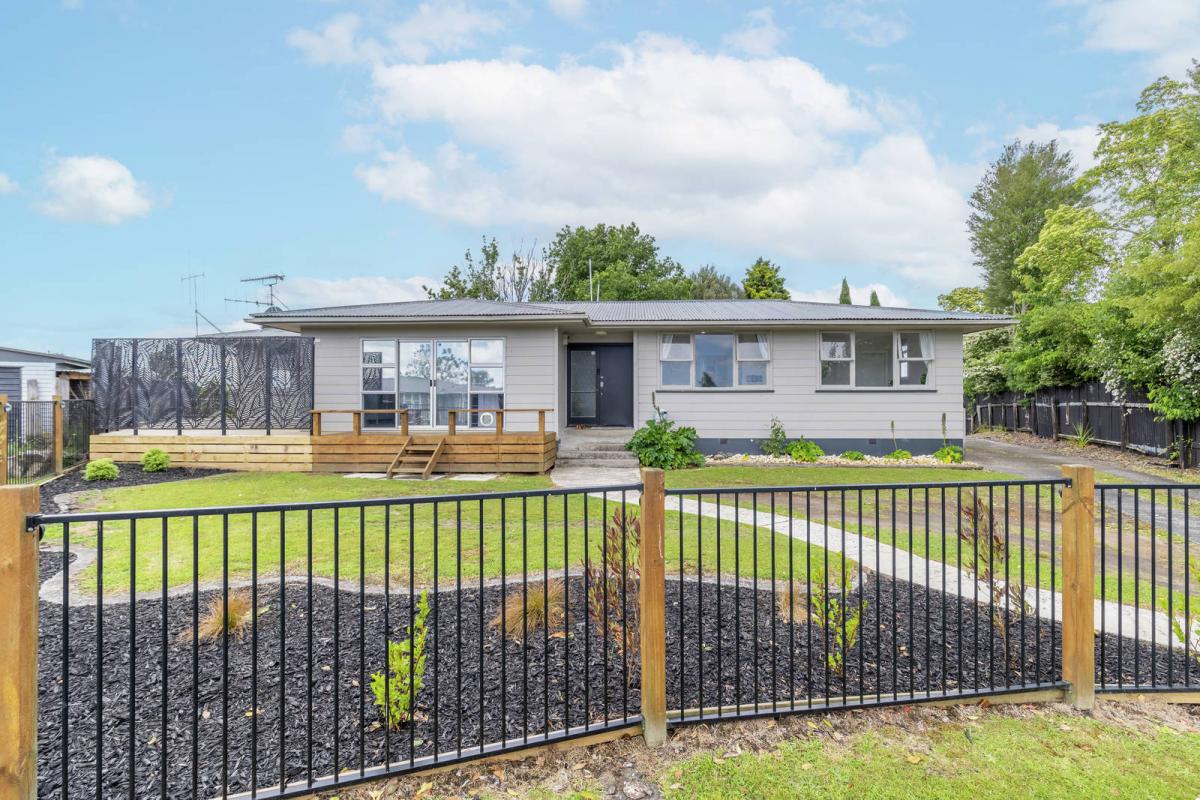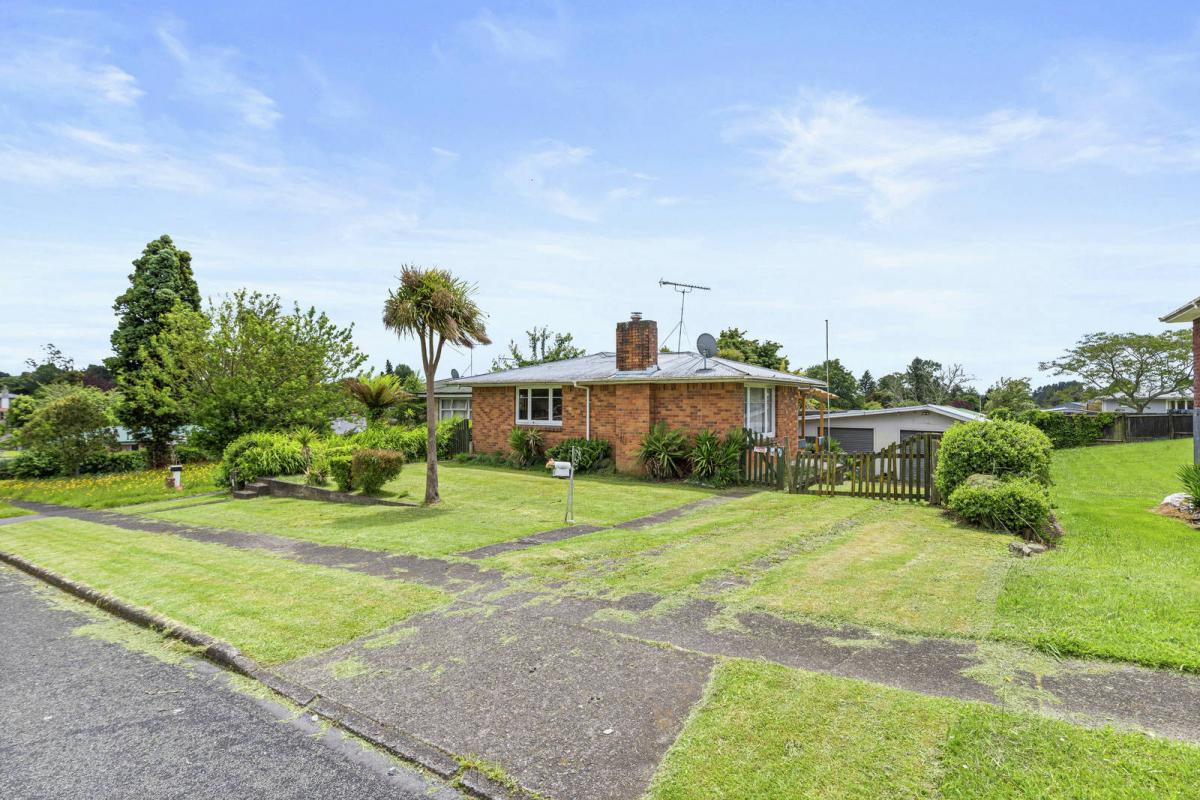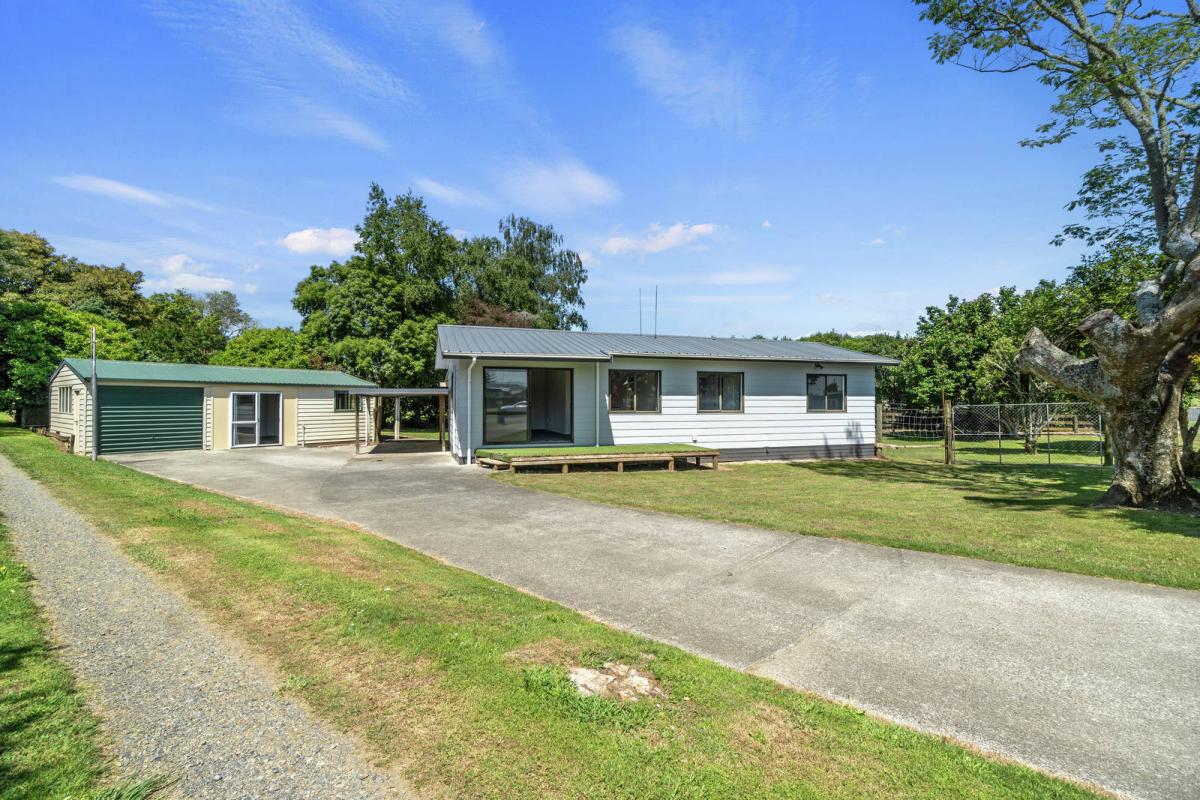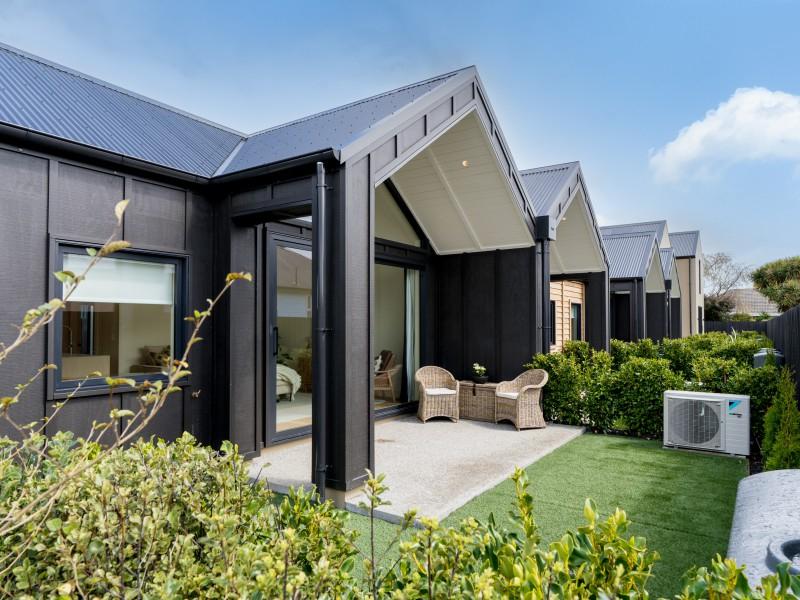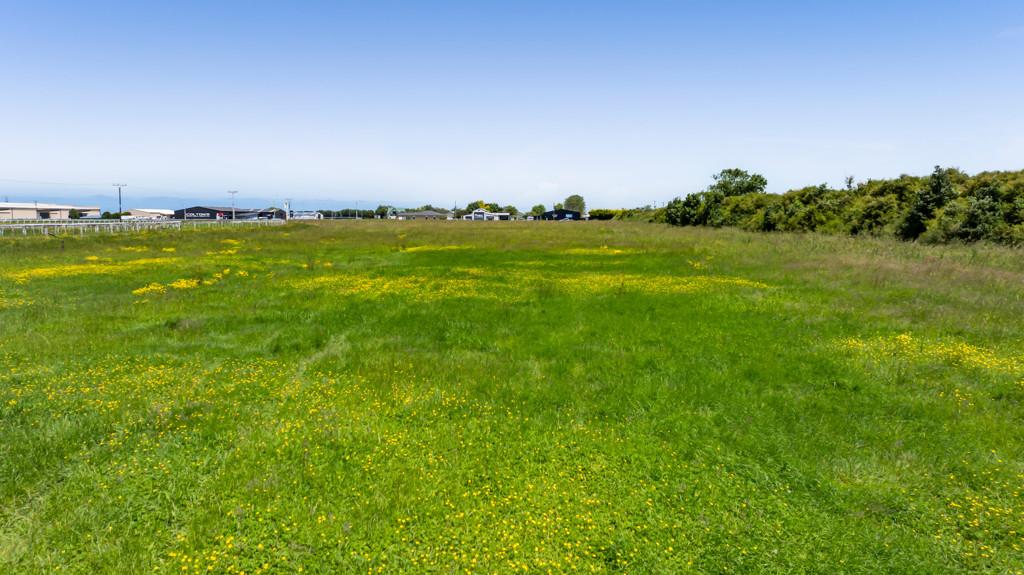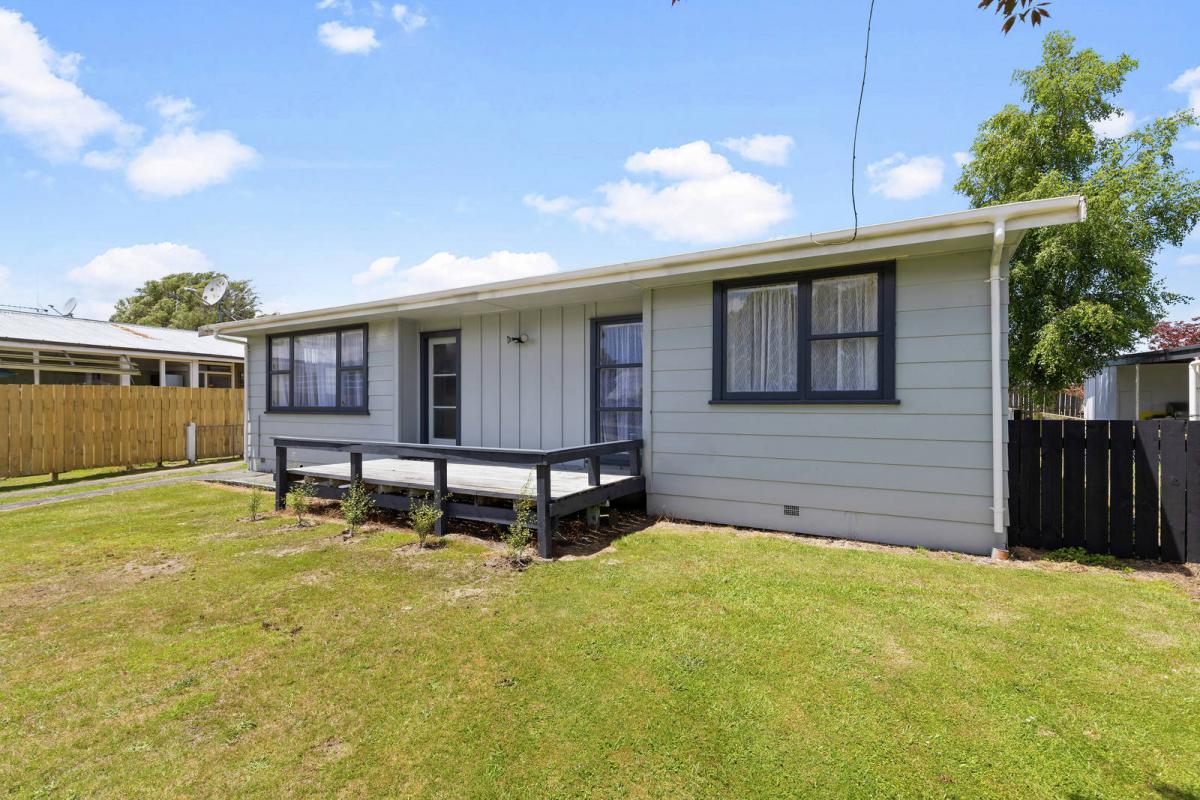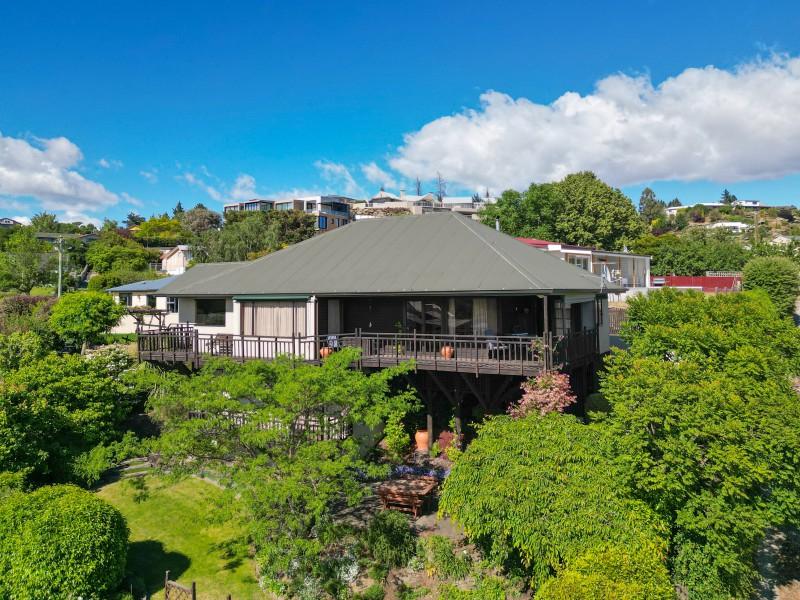Canterbury ratepayers face 17.9% rates hike
By David Hill, Local Democracy Reporter
Canterbury households are facing a lower than expected rates rise after the regional council found savings, including delaying some transport projects.
After two days of deliberations last week, Environment Canterbury pulled back its proposed average rates rise from 24.2% to 17.9%.
Acting chairperson Craig Pauling said there were some tense negotiations, but he was pleased with the outcome.
The councillors voted on 15 main resolutions, with several resulting in close division among the 16 councillors, he said.
‘‘Even though it was tense throughout, there was good support at the end and people felt there was some good give and take in the room,’’ Pauling said.
‘‘The feeling in the room was, ‘we have done all we could have’.’’
More than 1300 submissions were received on the draft long-term plan, with 153 making oral presentations during the hearings, which were held over four days.
‘‘We tested the water with some bold options in our consultation and the response demonstrated there were mixed views, with some saying we needed to deliver more, while others identified we could make savings or prioritise work,’’ Pauling said.
Savings were made by delaying some of the proposed public transport projects, including delaying work on a mass transit business case until year 2 and postponing bus route improvement work until year three.
‘‘It makes sense to delay this work so we have a better idea of where the Government and Waka Kotahi (NZ Transport Agency) are heading,’’ Pauling said.
‘‘Some councillors thought we should be more cautious, but if we don’t put it in the plan, we don’t get anything from Waka Kotahi.’’
About three-quarters of submissions supported the council increasing its spending on ‘‘river resilience’’, including flood protection, and pest and weed control.
The council is proposing to invest $25 million a year, over the next 10 years, to boost flood protection.
There was strong support for a district-wide rate for river resilience in Selwyn, and the council was considering similar options from the Ashley Rakahuri River and other rivers in South Canterbury.
Pauling said it would need support from the community, local councils and ultimately central Government.
‘‘Over the last five years we have been getting more and more requests for how we might move forward in addressing our rivers.
‘‘It is recognition that rivers are important to everybody.’’
He said river resilience was a national issue, as disruption to bridges on major routes could affect the whole country.
‘‘Room for rivers’’ was an important conversation and could be achieved by buying land, such as Environment Canterbury buying land beside the Ashburton River.
Another example was the Waimakariri District Council’s land purchase on Lineside Rd, beside the Cam Ruataniwha River.
‘‘By acquiring the land we can do something great for the community,’’ Pauling said.
Council staff will now finalise the long-term plan before it is audited by Audit New Zealand and adopted by councillors on June 26.
■ LDR is local body journalism co-funded by RNZ and NZ On Air.

Poll: Are you starting to feel a lift in business confidence across the Canterbury region?
The Press reports that Canterbury is right in the middle of a construction boom, with activity forecast to peak around 2027 and major investment flowing into transport, water and energy infrastructure.
We want to know: Are you starting to feel a lift in business confidence across the Canterbury region?

-
40% Yes
-
60% No
Scam Alert: Fake information regarding December Bonuses from MSD
The Ministry of Social Development is reporting that fake information is circulating about new ‘December bonuses’ or ‘benefit increases’
If you get suspicious communication, please contact Netsafe.








 Loading…
Loading…





